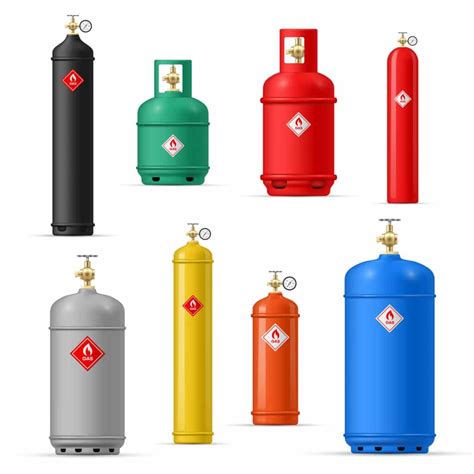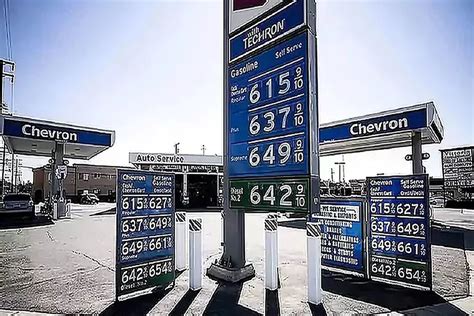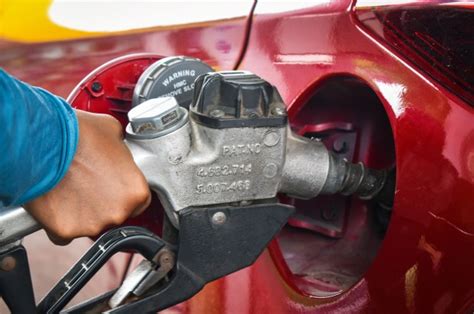Decoding the Octane Debate: Fueling Your Car Smartly
It’s a common dilemma at the gas pump: should you opt for the pricier premium fuel, hoping for better performance or improved gas mileage, or stick with regular? The allure of higher octane numbers often leads drivers to believe they’re giving their engine a superior treat. However, the truth about premium versus regular fuel is far more nuanced than many realize, primarily hingling on your vehicle’s specific engineering.
What Exactly is Octane Rating?
Before diving into the ‘premium vs. regular’ debate, it’s crucial to understand what octane rating signifies. Octane is not a measure of energy content or fuel purity. Instead, it measures a fuel’s resistance to ‘engine knocking’ or ‘pre-ignition.’ Engine knocking occurs when the air-fuel mixture ignites prematurely under compression, before the spark plug fires. This uncontrolled combustion creates a metallic rattling sound and, over time, can cause significant engine damage.

Higher octane fuels are more stable and resist auto-ignition better under high compression. This resistance is vital for certain types of engines designed to operate under greater pressures and temperatures.
Engine Design Dictates Fuel Needs
The key to choosing the right fuel lies in your car’s engine design, specifically its compression ratio. Modern engines are precisely engineered to operate optimally with a specific octane level. Your car’s manufacturer, through rigorous testing, determines the ideal octane rating to maximize performance and efficiency while preventing knock.
If your owner’s manual specifies ‘regular’ or ’87 octane,’ your engine is designed to run perfectly fine on that fuel. Using premium fuel (typically 91 or 93 octane) in an engine designed for regular offers no benefit. The engine’s computer (ECU) is programmed to adjust timing and fuel delivery based on the expected octane. It cannot magically extract more power or efficiency from a fuel it wasn’t built for.
The Myth: Higher Octane Boosts MPG or Performance for All Cars
This is perhaps the biggest misconception. Many drivers believe that premium fuel will inherently lead to better gas mileage, increased horsepower, or a cleaner engine. For the vast majority of cars on the road today that are designed for regular unleaded, this is simply not true.

When you fill a regular-octane engine with premium fuel, you’re paying more for an octane level that your engine doesn’t need and can’t utilize. The engine’s computer will detect the higher octane but won’t be able to adjust its parameters (like ignition timing) beyond its design limits to take advantage of it. You’re effectively pouring money down the drain with no discernible increase in power, efficiency, or engine longevity.
When Premium Fuel IS Necessary
There are specific scenarios where premium fuel is not just recommended but required. These typically include:
- High-Performance Vehicles: Many sports cars, luxury cars, and vehicles with high-compression engines (e.g., turbocharged, supercharged, or direct-injection engines) are specifically tuned to require higher octane fuel. This allows them to run at peak efficiency and power without knocking.
- Manufacturer Recommendation: Always consult your car’s owner’s manual. If it explicitly states ‘premium fuel required’ or ‘premium fuel recommended,’ follow that guidance. Vehicles that ‘require’ premium might suffer damage or reduced performance with regular fuel. Those that ‘recommend’ it might see slight performance benefits from premium, but can safely run on regular without harm.

In these cases, the engine’s advanced timing and higher compression ratios demand the knock resistance of premium fuel to prevent engine damage and ensure optimal operation. Ignoring these recommendations can lead to reduced power, decreased fuel economy (as the engine’s computer retards timing to compensate for lower octane), and potentially long-term engine issues.
The Bottom Line: Consult Your Owner’s Manual
The simplest and most reliable way to determine if your car needs premium fuel is to check your owner’s manual or the fuel door inside your car. Manufacturers spend millions on research and development to optimize their engines, and their fuel recommendations are based on sound engineering. If your manual says ‘regular unleaded,’ stick with it. You won’t gain anything by spending extra on premium, and you’ll merely be increasing your operational costs unnecessarily.

For the vast majority of drivers, choosing premium fuel when it’s not required is indeed just draining the wallet. Save your money and fill up with the octane level that your car was designed for – it’s the smartest way to ensure both optimal performance and fuel efficiency without falling prey to common myths.




